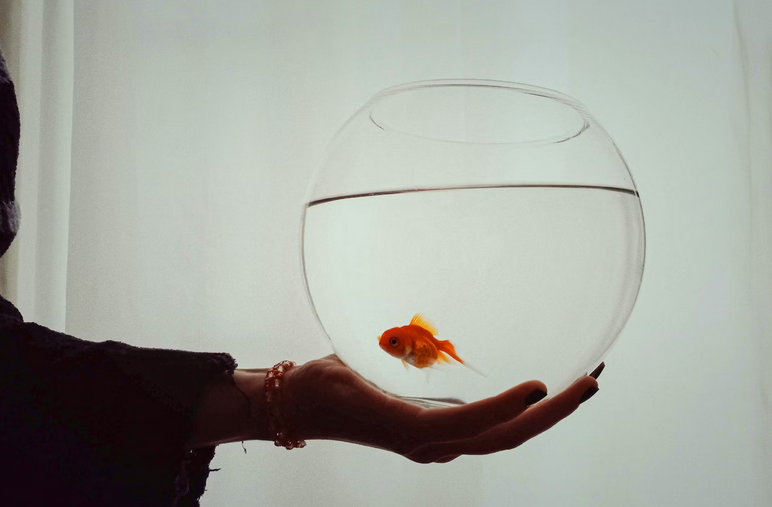Goldfish have captured the hearts of countless fish enthusiasts, making them one of the most sought-after pets in the aquatic world. They are known for their bright colors, playful behavior, and easy maintenance. However, like any other living creature, goldfish have a limited lifespan. Do you know How Long Do Goldfish Last? On average, they can live up to 10-15 years if given proper care and attention. Like humans, the lifespan of goldfish can also be affected by various factors.
Factors Affecting Longevity

According to experts, the most significant factor contributing to the lifespan of goldfish is their environment. Goldfish require a clean and healthy living space with proper filtration and regular water changes. Poor water quality can lead to stress, which weakens their immune system, making them prone to diseases. Another critical factor is the size of the tank.
Goldfish are notorious for constantly growing in size, and they require a spacious tank to thrive. Overcrowding can cause stress, aggression, and stunted growth in goldfish, ultimately shortening their lifespan. Genetics also play a role in the longevity of goldfish. Some breeds are known to have longer lifespans than others. Fancy or ornamental varieties, such as bubble-eye and celestial eye goldfish, are prone to health issues due to their unique physical features, which can affect their lifespan.
Common Health Issues in Senior Goldfish
As goldfish age, they become more susceptible to health problems. It is essential to keep an eye on your senior fish and be aware of any changes in their behavior or appearance. Here are some common health issues that may arise in older goldfish:
- Swim bladder disorder: This condition causes the fish to have trouble swimming or floating upright.
- Dropsy: It is a bacterial infection that causes the fish to have a bloated belly and protruding scales.
- Tumors: Goldfish are prone to developing tumors as they age, which can affect their ability to swim and eat.
Importance of Proper Care for Senior Goldfish

As goldfish age, they require more specialized care to ensure they live a long and healthy life. Here are some tips for taking care of your senior goldfish:
- Regular tank maintenance: It is crucial to maintain a clean and healthy environment for your senior fish. Perform regular water changes and check the water parameters to ensure they are within the safe range.
- Proper nutrition: As goldfish age, their metabolism slows down, and they require a different diet than younger fish. Feed them high-quality and easily digestible food to prevent digestive issues.
- Be aware of health problems: Keep an eye on your senior fish for any changes in behavior or appearance. If you notice anything unusual, consult a veterinarian who specializes in fish.
- Provide appropriate tank size: As mentioned earlier, goldfish need ample space to thrive. Upgrade their tank as they grow bigger and avoid overcrowding them.
Goldfish are resilient creatures capable of living long, fulfilling lives under the right care. By understanding the factors affecting their lifespan and providing appropriate care for senior fish, you can ensure that your beloved aquatic companions continue to bring joy and beauty to your life for years to come. Remember, a little extra care and attention can make all the difference in ensuring a happy and healthy journey for your senior goldfish.

